The climate catastropheIt would be a pretty depressing future if we were all told to no longer visit other countries, experience new cultures, and be limited to the part of the planet we are born. It's not something anyone wants, but we need to be aware of the impact our travelling has on climate change, and over the last several years this is something that I've been increasingly thinking about.
El ResumenEn los últimos meses, los agricultores de la India han estado protestando y esta semana las protestas se han vuelto más difíciles. En este breve post intentaré hablar sobre qué son las protestas y por qué están sucediendo.
Currently in India, we are witnessing the largest protests in human history. These are economic protests by farm workers against billionaires, a nationalist government and corporate exploitation. On a human level, these protests are for the individual livelihoods of millions of farmers in Panjab, Haryana and across India.
I've previously written about the cause of the protests (and you can read about them here), so today, as the protests develop, I want to clear up three misconceptions; (1) the farmers are illiterate and don't know why they are protesting, (2) these new bills are beneficial, and (3) Panjab is the only state protesting. The farmer's (kisaan) protests in Northern India are reaching a climax, and I'm going to try and summarise a complex movement as simply as possible in 500 words for audiences outside of India that might be curious as many have families back in Panjab that might be affected.
Election2020Exactly four years ago to the day, I wrote an article on the outcome of the 2016 election (which you can read here). I made several predictions for Trump's term, and I reflected on the state of the US. I thought the presidency might have a tempering effect on Trump, and while I thought his tendency to speak his mind wouldn't die down. I figured that much of his rhetoric would be just that, and it might end up actually being an uneventful term.
I was wrong. So after four years of tweets, protests, tariffs, more protests and more tweets, I try to sum up what happened in the past four years, where the US is now, and what lies ahead for the world's oldest democracy. A billionaire is a weird concept. To their supporters, they're the epitome of success, an indication of what someone can achieve if they have the right talent, work ethic and ingenuity. To their detractors, billionaires are nothing more than a policy failure, the very worst of capitalism and epitome of greed. Is it okay to have millions struggling to survive when a small number of people hoard a huge amount of resources? In this article I set out 5 reasons why billionaires shouldn't exist.
This is real lifeGrowing up I remember being fascinated by the thought of a break down of society. It wasn't a morbid fantasy where I wanted to see people die, but rather a chance for society to start afresh, a fairer society.
I felt that society in most countries worked to serve an elite that was so entrenched that it was impossible for others to eat from the same table. It's why after watching I Am Legend, the film about the aftermath of a virus mutation, I spent months day dreaming about what such a world would be like (and also fighting zombies). I didn't think for a second that just over a decade later, the coronavirus would cause society to lie on the brink, but here we are: the current generations' 9/11 and 2008 financial crisis all wrapped up in one. The General ElectionWhen I wrote an article on the 2017 general election, I had no idea that just two short years later I'd be back writing for another general election, the third general election in less than 5 years.
It's something we associate with other European countries where hung parliaments are common. Politics in the UK is supposed to be stable, almost boring. Well, the past few years have turned the UK's traditional, liberal, centrist political stability on its head. During the years of New Labour I remember thinking how similar the Tories and Labour were - there was very little difference in policy and it was like choose option (a) or choose option (a) - with little real actual choice. I can't say that anymore. Both main parties have been hijacked by extremists. Labour is now further left than at any point in my time on this planet, while the Tories are flirting dangerously with the far-right. While we have a choice now - it doesn't seem like an appealing one. As with my last article, this isn't about telling you who to vote for, but a call to go out and vote. After all, an engaged Sikh electorate means we can pressure politicians to hold our vote to account and ensure issues affecting our community have ears in the corridors of Whitehall. Catalunya and Catalan nationalismI fell in love with Catalunya the first time that I visited. The people of Catalunya remind me of Panjabis in so many ways. Their openness and welcoming nature is coupled with a fierce independence and cultural identity that is remarkably similar to Panjabis, and Sikhs in particular. The relationship of Catalans with the Spanish state is also similar to the relationship of Panjabis with India. Both regions have elements of a shared history with their respective states, but differences in language and culture effectively make them a nation within a nation.
I returned a number of times to Catalunya, including attending a Summer School at the Barcelona Graduate School of Economics, and each time I felt an increasing attachment with the area. Not only do the Catalan people remind me of Panjab, but the city of Barcelona has a large Panjabi population, and I was surprised to see just how many Sikhs now call the city their home. Even more impressively, I spoke to the Giani of a local Gurdwara who told me that not only do the locals treat them with respect, but they actually attend the Gurdwara in large numbers on weekends as part of yoga retreats where they learn about, and respect the Sikh belief system. It's this love for Catalunya that had me so interested in the recent Catalan independence referendum, a vote that highlighted to me many similarities with the independence movement for Panjab in India. The General ElectionOn 18 April 2017, the Prime Minister of the United Kingdom, Theresa May announced that she would be calling an election on 8 June 2017. This follows a General Election in 2015, just two years earlier.
The Fixed Term Parliaments Act 2011 had removed the power of the Prime Minister to call an election at the drop of a hat, or when conditions were favourable to the governing party. Under the Act, elections would be held every five years unless the House of Commons voted by two thirds to the contrary. With the spectre of Brexit hanging over the country and the opposition party in disarray, Theresa May decided this would be the perfect opportunity to strengthen her position both domestically and in terms of negotiating the withdrawal from the EU. Unfortunately for her, as the campaign season kicked off, she began to show signs of weakness, no matter how many times she said she was "strong and stable", whilst the leader of the opposition, Jeremy Corbyn somehow got his sh*t together and began closing the gap in polls. Now, for all intents and purposes, the question isn't whether the Conservatives will win, but by how much they will win, but that doesn't mean you shouldn't go out and vote. I'm not telling you who to vote for, you should do the research and make an informed decision. However, for the Sikh community to prosper, we need to become more politically engaged and therefore I will say; go out and vote. |
AuthorBritish Sikh, born in the Midlands, based in London, travelling the world seeing new cultures. Archives
September 2023
Categories
All
|
Photos from Johnny Silvercloud, Nina A. J. G., Michael Vadon, jcorrius, mikecogh
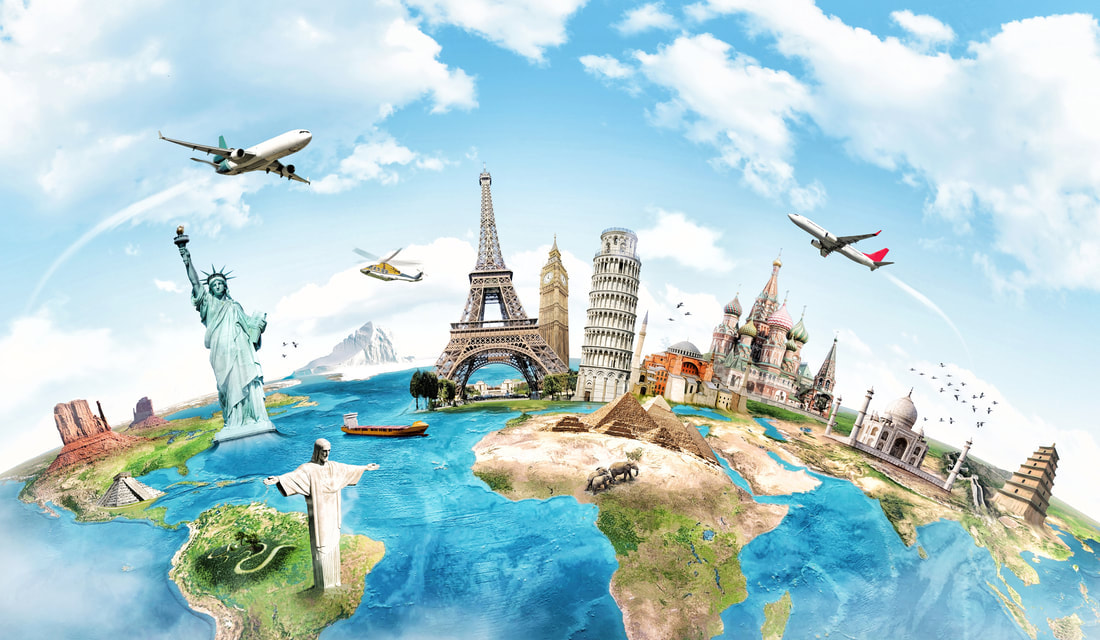
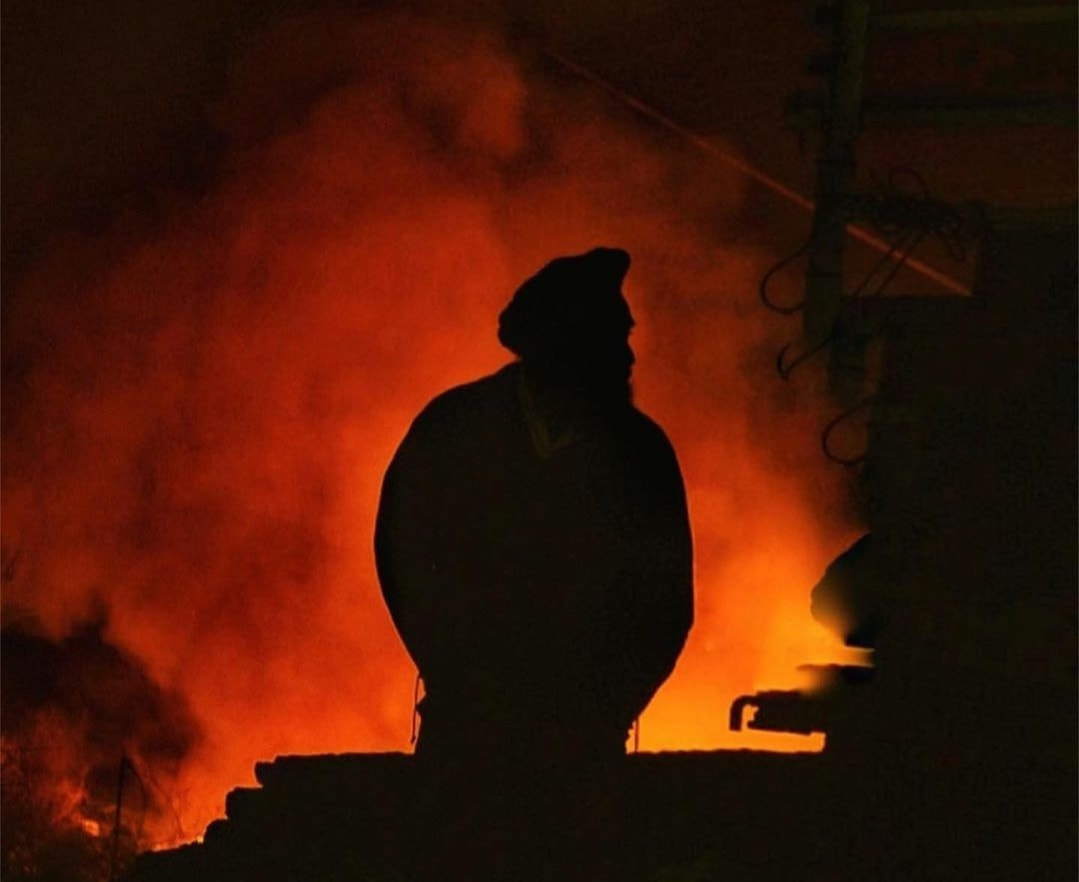
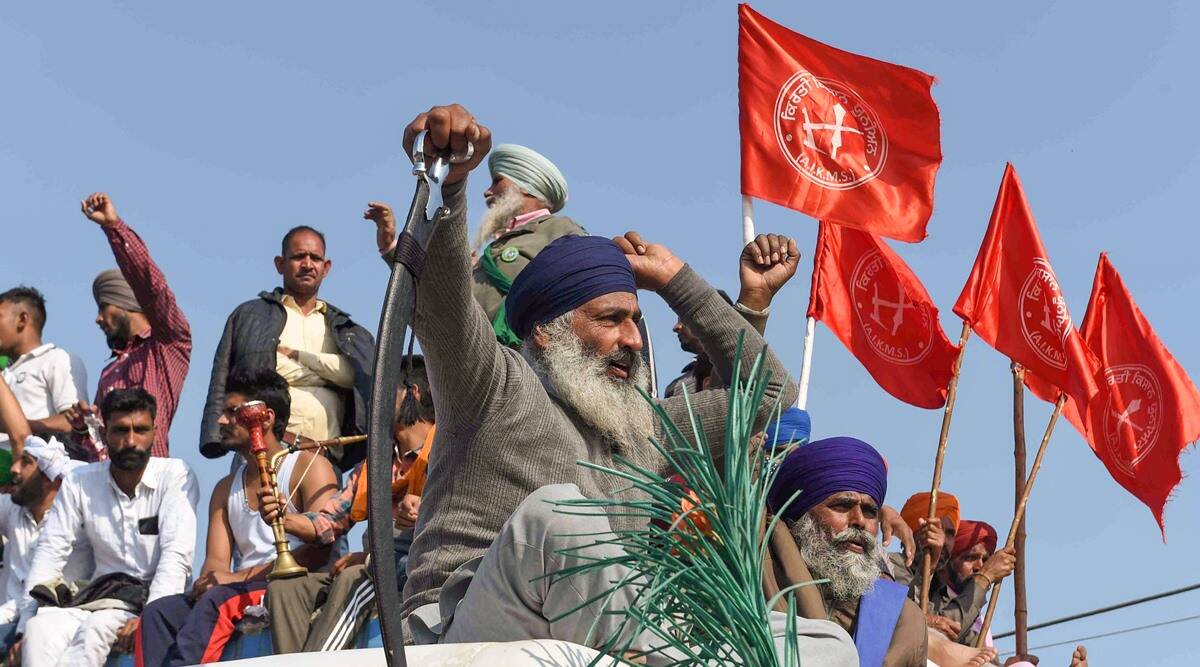
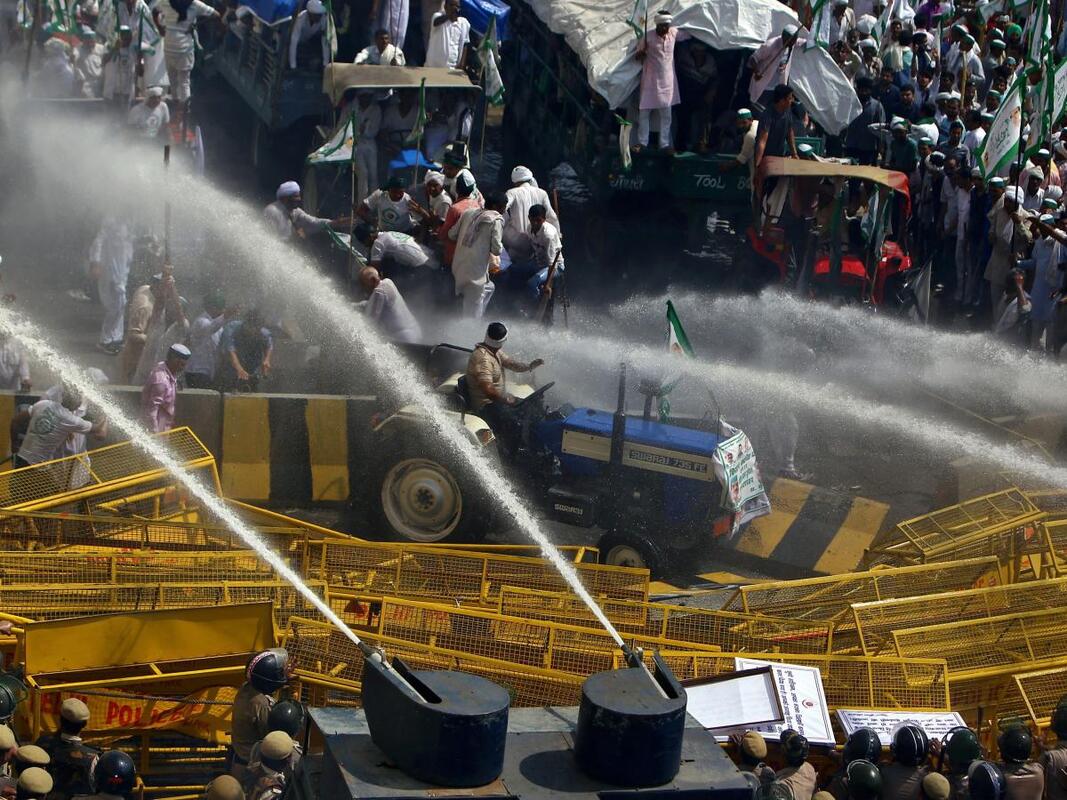


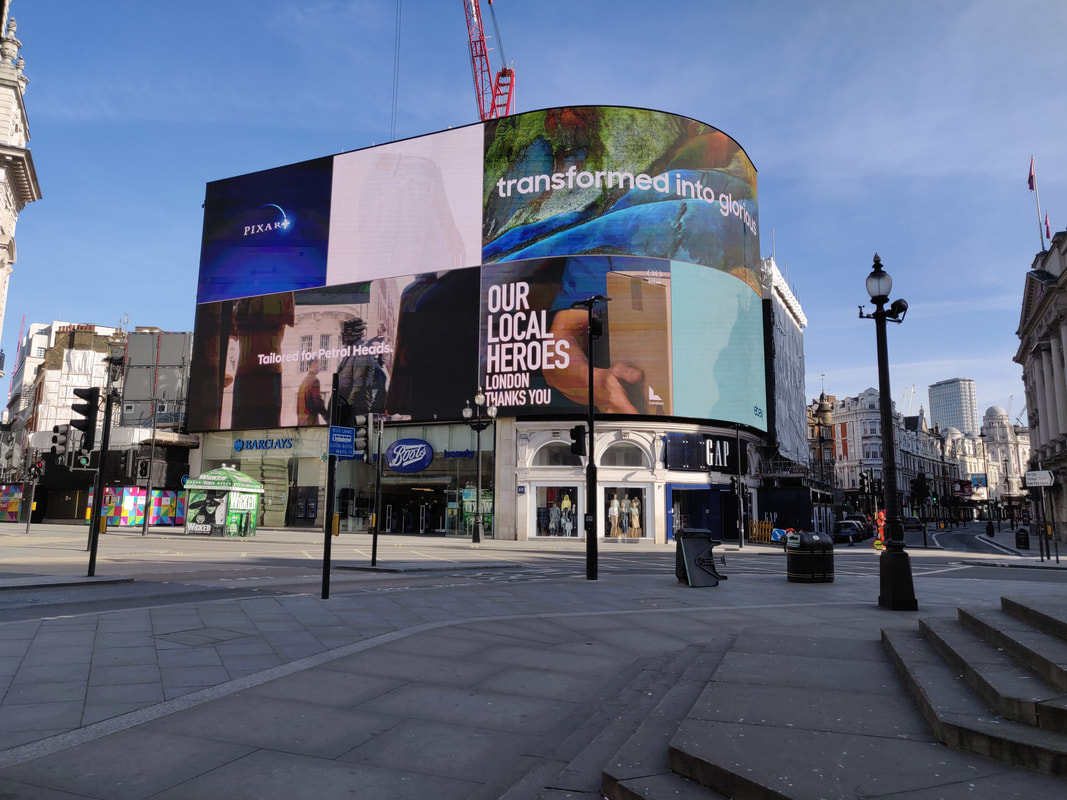
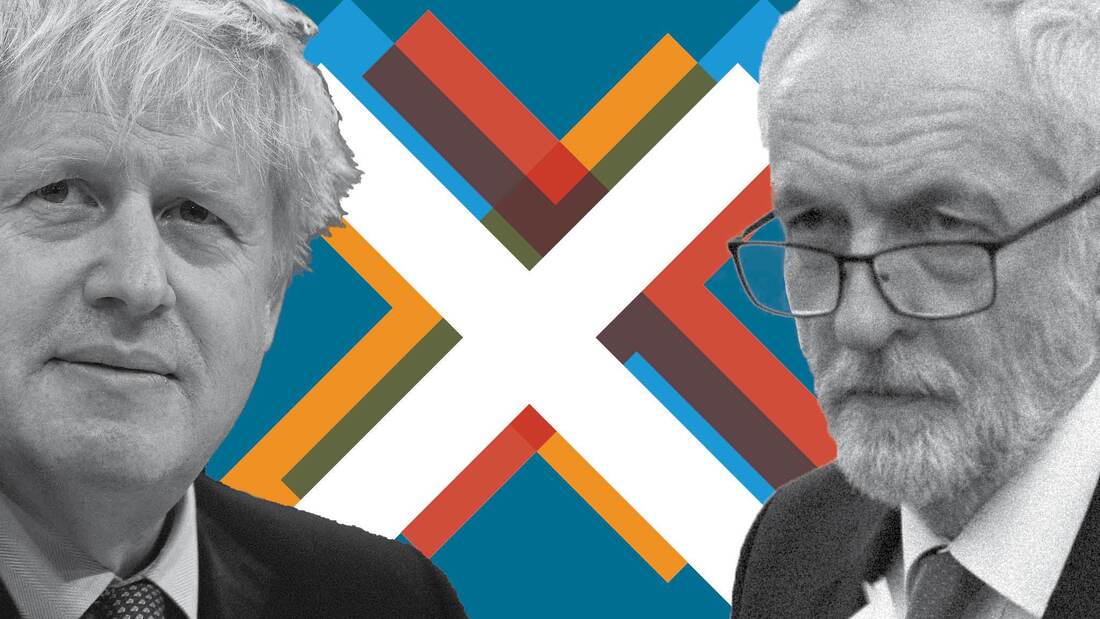

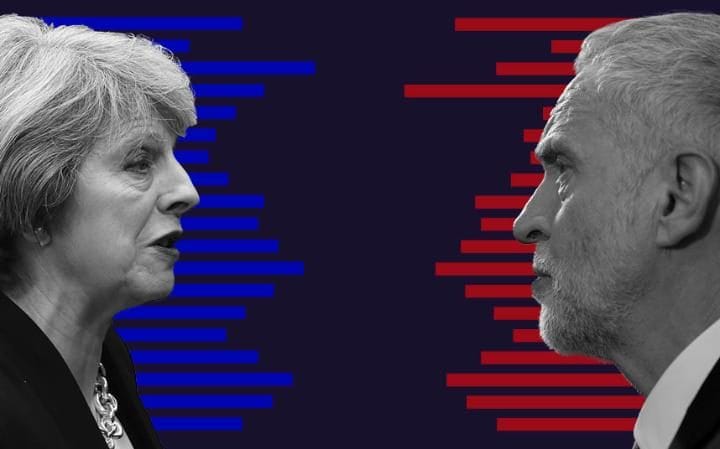
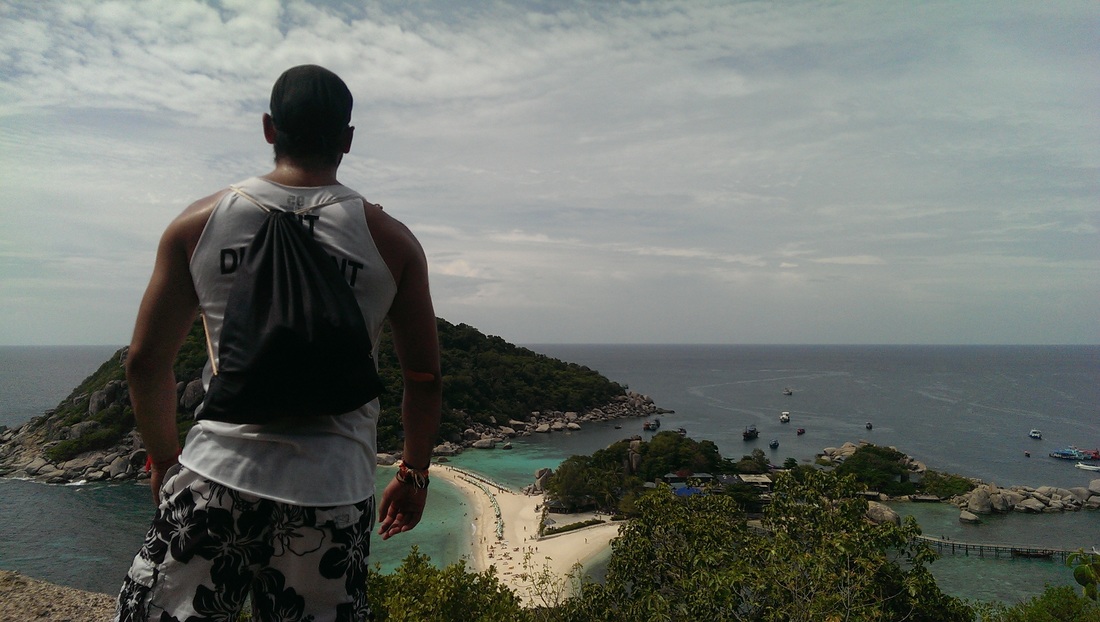
 RSS Feed
RSS Feed